Zelensky sacks Ukraine's ambassador to Germany, other countries
Ukrainian President Volodymyr Zelensky has dismissed Kiev’s ambassadors to Germany, India, the Czech Republic, Norway and Hungary.
“Today, I signed decrees on the dismissal of some ambassadors of Ukraine. This rotation is a normal part of diplomatic practice," Zelensky said in an address to the nation on Saturday, without elaborating.
He also said that new ambassadors "are being prepared by the Ministry of Foreign Affairs.”
It is not clear if the previous envoys would be assigned new positions.
Andriy Melnyk, who had been serving as ambassador in Berlin for almost eight years and is well known among politicians and diplomats in Germany, is one of the envoys dismissed.
He has openly criticized the government in Berlin for the slow pace of weapon deliveries to Ukraine during the first months of the war and strongly urged Olaf Scholz’s administration to do more.
In May, Melnyk directly attacked Chancellor Scholz, saying he was behaving “like an offended liver sausage,” which is German slang meaning someone who gets offended easily. He used this expression when Scholz did not immediately accept an invitation by Zelensky to visit Kiev.
Ukraine is currently at odds with Germany over the delayed return of a German-made turbine being serviced by Germany’s Siemens Energy, in Canada. The turbine is needed for the maintenance of the Nord Stream 1 gas pipeline from Russia to Germany.
Berlin wants Ottawa to return the turbine to Russian natural gas giant Gazprom to pump gas to Europe, but Kiev had urged Canada to keep the turbine, saying a return would violate sanctions on Moscow.
Russia has announced that it would increase gas supplies to Europe if the turbine was returned. Russia’s Gazprom cut capacity along the Nord Stream 1 pipeline to just 40% of usual levels last month.
The fate of the turbine has highlighted unforeseen consequences of the Western sanctions against Russia as top German industries are on the verge of collapse due to cuts in Russian gas supplies to Europe.
Berlin staged two of its three-tier emergency gas plans last month after Russia reduced deliveries via the Nord Stream 1 pipeline – a step before the government rations fuel consumption in Germany, which relies on Russia for roughly one-third of its energy.
The current energy crisis in Europe is already pushing inflation to record highs.
Ukraine has been the subject of the Russian military operation since February 24, with Moscow saying that the operation is aimed at “demilitarizing” the eastern Ukrainian region of Donbas.
VIDEO | Press TV's news headlines
VIDEO | Iran honors top Science Olympiad medalists
VIDEO | Austrians arrested at Gaza protest in Vienna
10 killed in bus crash in western Iran
VIDEO | One-man-band journalism with Civili
5 Israeli forces killed as Palestinian fighters face up to regime’s war machine
VIDEO | An insider's view of the country: Persian Tahini, Royan in Mazandaran
VIDEO | Israeli settler killed during strike against Tel Aviv; fresh aggression targets Yemen’s capital


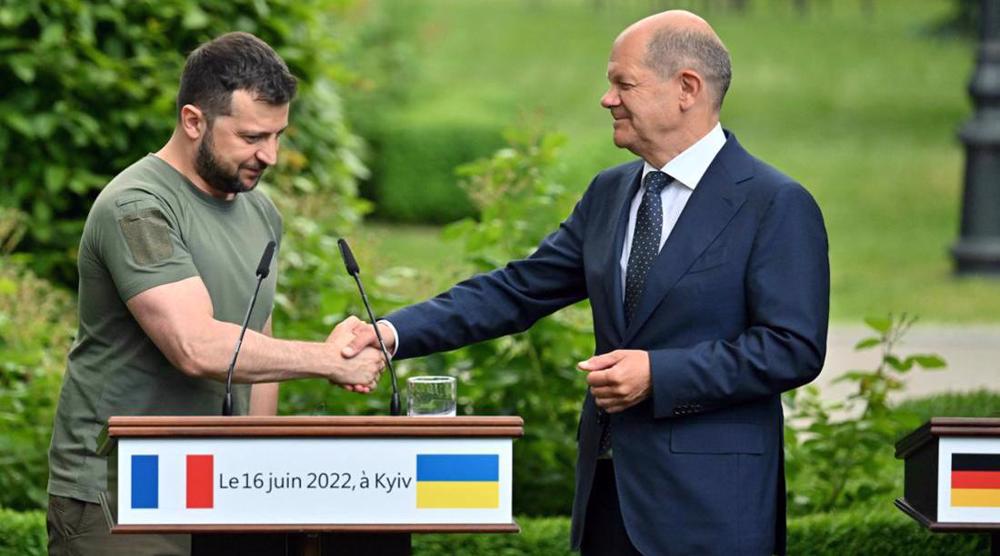

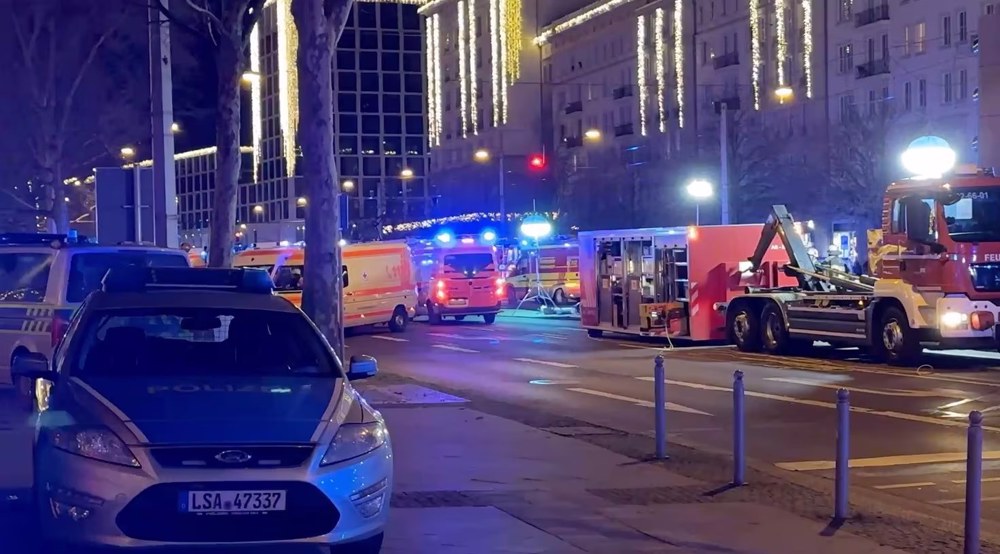




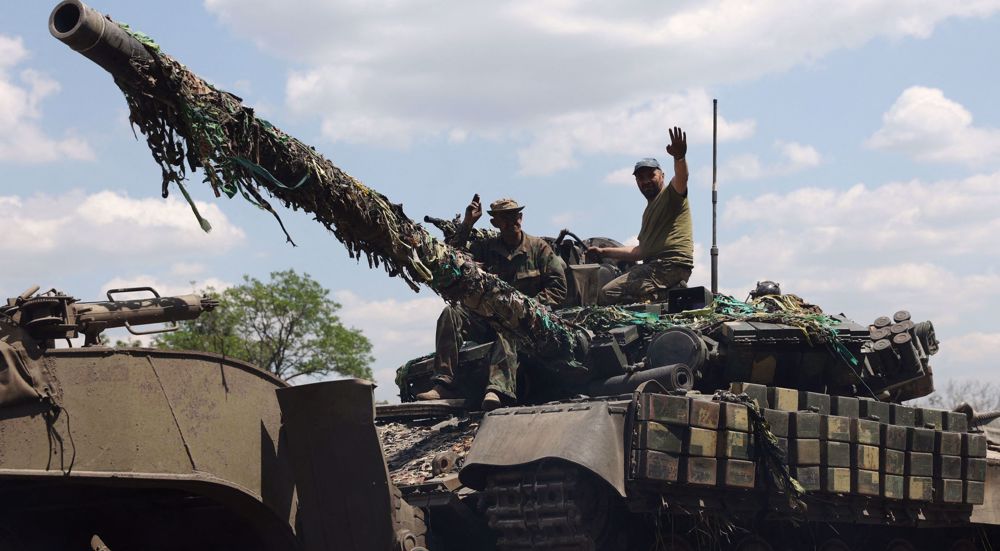
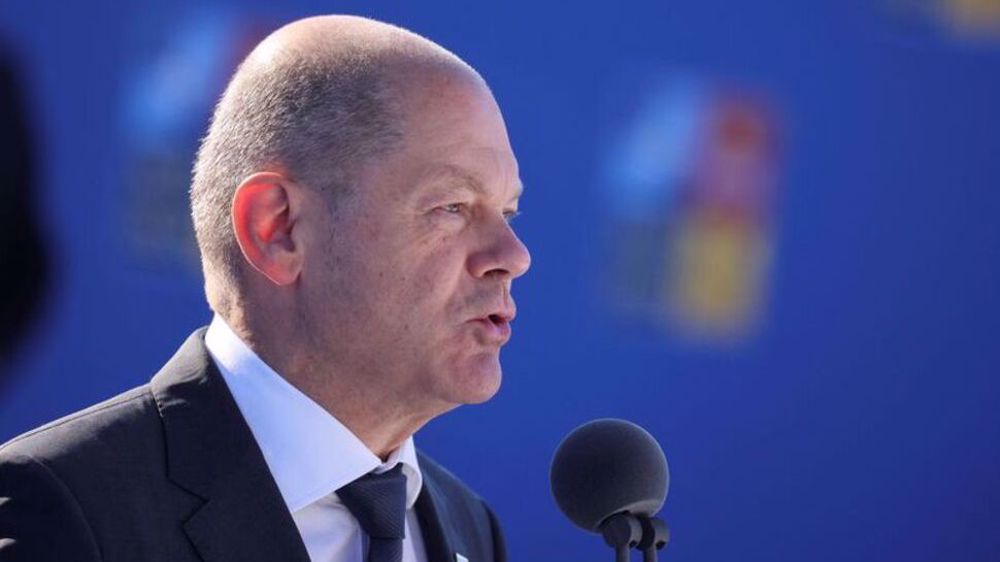
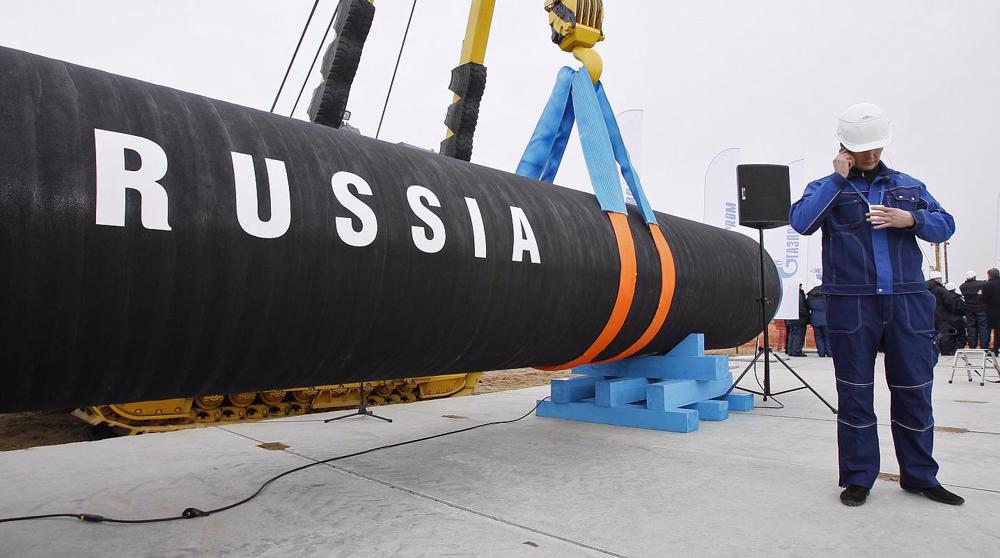
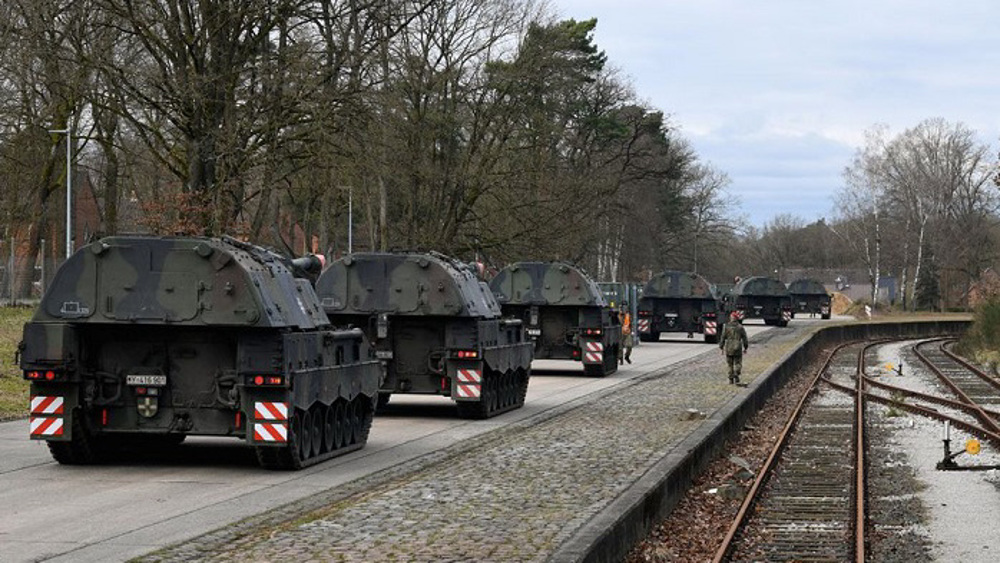
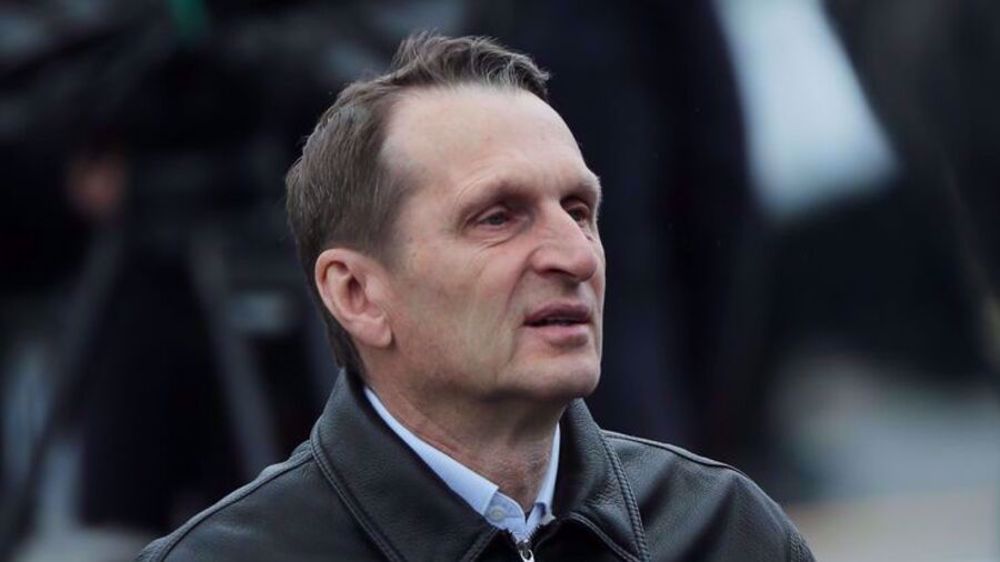

 This makes it easy to access the Press TV website
This makes it easy to access the Press TV website